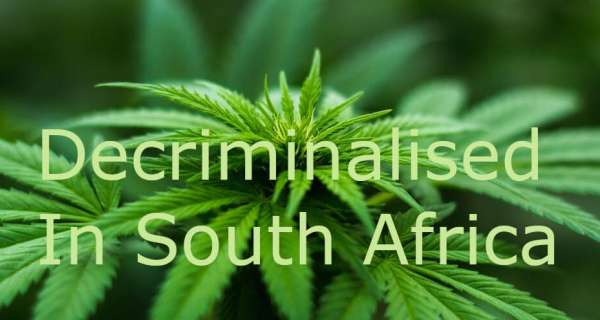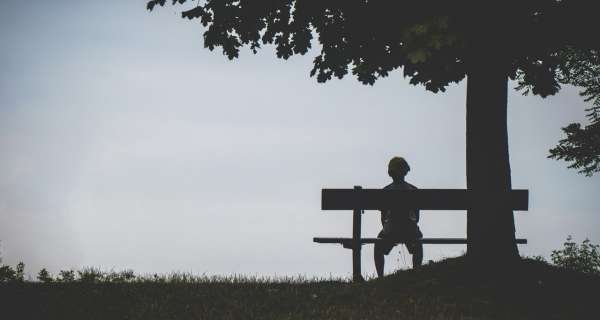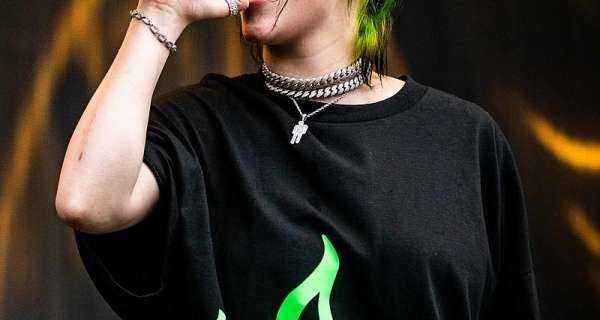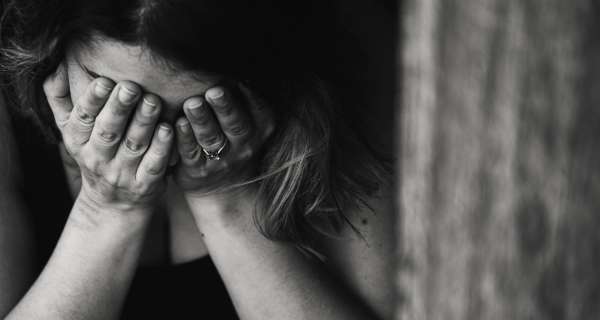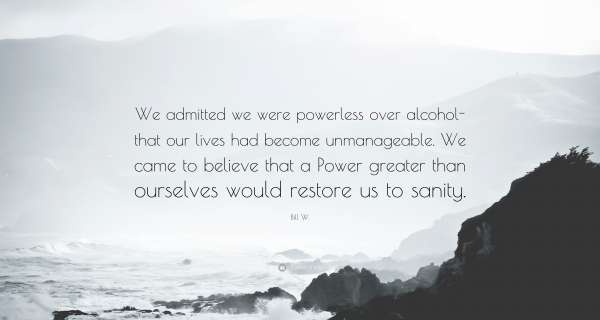Origin of the South African Word "Dagga"
If you’ve spent any time in South Africa, you’ve probably heard the word “dagga.” It’s a term that rolls off the tongue with a certain local flavor, instantly recognizable to most South Africans as the colloquial name for cannabis. But where did this word come from, and how did it become so deeply woven into the country’s cultural and linguistic fabric? The story of “dagga” is as rich and layered as South Africa itself, blending indigenous knowledge, colonial history, and a fair bit of controversy.
Long before the arrival of European settlers, the indigenous peoples of southern Africa were already familiar with the cannabis plant. Archaeological evidence suggests that cannabis was introduced to the region by Arab or Indian traders, possibly as early as the 14th century. The plant quickly found a place in traditional medicine, rituals, and even daily life.
The word “dagga” itself is believed to have originated from the Khoikhoi language, spoken by the Khoikhoi people who lived in what is now the Western Cape. The Khoikhoi used the word “dacha” (sometimes spelled “daga” or “daka”) to refer to a variety of plants, including the wild cannabis that grew in the region. Some linguists suggest that the word may have originally referred to Leonotis leonurus, a plant also known as “wild dagga” or “lion’s tail,” which has similar psychoactive properties but is not true cannabis.
As Dutch settlers arrived in the 17th century, they began to adopt local words into their own language, which would eventually evolve into Afrikaans. “Dagga” was one of these words, and it soon became the standard term for cannabis among both white and black South Africans. The word’s spelling and pronunciation shifted slightly over time, but its meaning remained the same.
Interestingly, the adoption of “dagga” into Afrikaans is a testament to the way languages evolve and borrow from one another, especially in a multicultural society like South Africa. The word’s journey from Khoikhoi to Afrikaans mirrors the broader story of South African identity—a blend of indigenous, European, and other influences.
With the arrival of British colonial rule in the 19th century, attitudes toward dagga began to change. The British authorities, influenced by Victorian-era morality and a growing global movement against intoxicants, viewed cannabis with suspicion. Laws were passed to restrict its use, and dagga became associated with criminality and social decay.
The word itself took on a negative connotation, used by authorities and the media to stigmatize both the plant and the people who used it. In the early 20th century, South Africa became one of the first countries in the world to criminalize cannabis, setting a precedent that would later be followed by other nations.
Despite official disapproval, dagga remained a fixture in South African life. It was used by rural communities, urban youth, and even some artists and musicians. The word “dagga” appeared in songs, poems, and street slang, often as a symbol of rebellion or counterculture.
In the 1960s and 70s, as global attitudes toward cannabis began to shift, dagga found new life in the anti-apartheid movement. Activists and musicians used the word to challenge authority and assert their cultural identity. For many, dagga was more than just a plant—it was a symbol of resistance and freedom.
Fast forward to the 21st century, and the word “dagga” is experiencing something of a renaissance. In 2018, South Africa’s Constitutional Court ruled that the private use and cultivation of cannabis was legal, sparking a wave of celebration among dagga enthusiasts. The ruling was seen as a victory for personal freedom and a rejection of outdated colonial laws.
Today, the word “dagga” is used proudly by advocates, entrepreneurs, and everyday South Africans. It appears on shop signs, T-shirts, and social media hashtags. The “Dagga Party,” a political group advocating for cannabis legalization, has even adopted the word as part of its official name.
More Than Just a Word
So, what does “dagga” mean to South Africans today? For some, it’s simply a convenient way to refer to cannabis. For others, it’s a badge of cultural pride, a reminder of the country’s complex history and the resilience of its people.
The story of dagga is also a story about language, how words can change meaning over time, how they can be used to oppress or to liberate, and how they can bring people together. In a country as diverse as South Africa, the word “dagga” is a small but powerful example of the ways in which language reflects and shapes our shared experience.
The origin of the word “dagga” is a fascinating tale that spans centuries and continents. From its roots in Khoikhoi language and culture, through its adoption by Afrikaans speakers, to its modern-day revival, dagga has always been more than just a word. It’s a symbol of South Africa’s unique history, its struggles, and its ongoing journey toward freedom and self-expression.
As South Africa continues to debate the future of cannabis, one thing is certain: the word “dagga” will remain an enduring part of the nation’s vocabulary, a reminder of where we’ve been and where we’re going.
